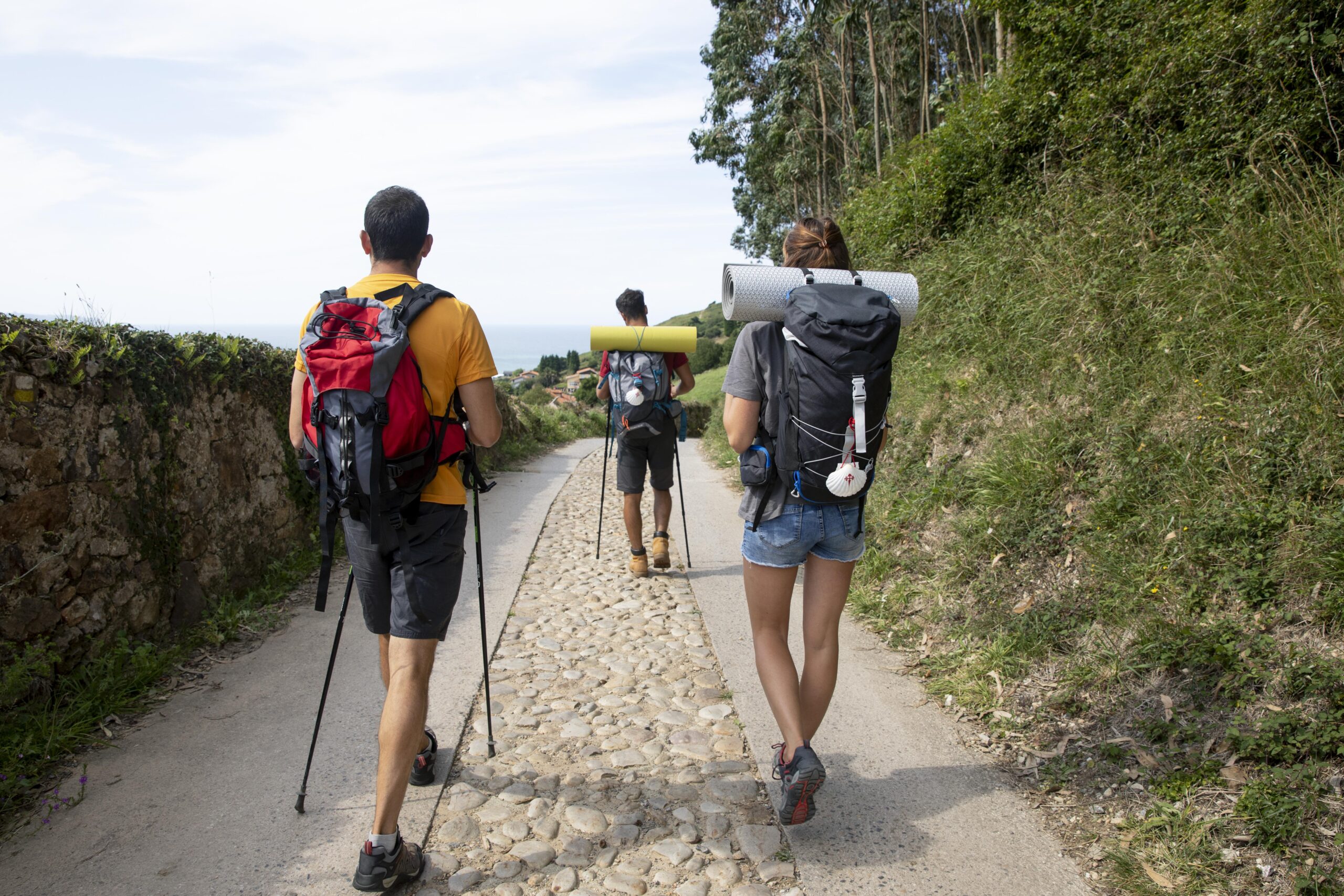
How To Use Hiking Poles
If you like to learn How To Use Hiking Poles then you are on right place. Hiking poles, also known as trekking poles or walking sticks, are indispensable tools for outdoor enthusiasts. More than just being helpful tools, they can significantly enhance your hiking experience by providing stability, reducing stress on your joints, and improving overall balance. However, to reap these benefits. Let’s look at essential techniques and tips for maximizing the usefulness of your hiking poles.
It’s important to understand how to use hiking poles effectively.
Proper Adjustment
Before hitting the trail, make sure your hiking poles are adjusted to the correct length. Most poles come with adjustable mechanisms to customize the height as per your preference and terrain. A general rule of thumb: Your elbows should be at a 90-degree angle when holding the pole with the tip on the ground.
Grips and wrist straps
To avoid hand fatigue, hold the grip of the pole firmly but comfortably, maintaining a comfortable grip. Use wrist straps to support your wrists and distribute the weight more evenly, allowing for a more efficient swing of the baton.
Climbing technique
Shorten the poles slightly to accommodate the upward slope. Plant the poles firmly in front of you, using your arms to push yourself upward. This action activates the muscles of your upper body, reducing stress on your legs.
Downhill Technique
Lengthen the pillars to provide better stability and support on steep slopes. Place the poles slightly behind you as you descend, so they can absorb some of your weight and provide additional balance.
Alternate arm movement
Coordinate the movement of your arms and sticks with your steps, alternating them rhythmically to maintain a fluid motion. This rhythmic movement not only improves your balance but also increases your overall speed and efficiency.
Environmental awareness
Be mindful of your surroundings when using hiking poles, making sure they don’t damage delicate ecosystems or disturb wildlife. Avoid excessive hitting or provocation with sticks and always walk lightly on the path.

